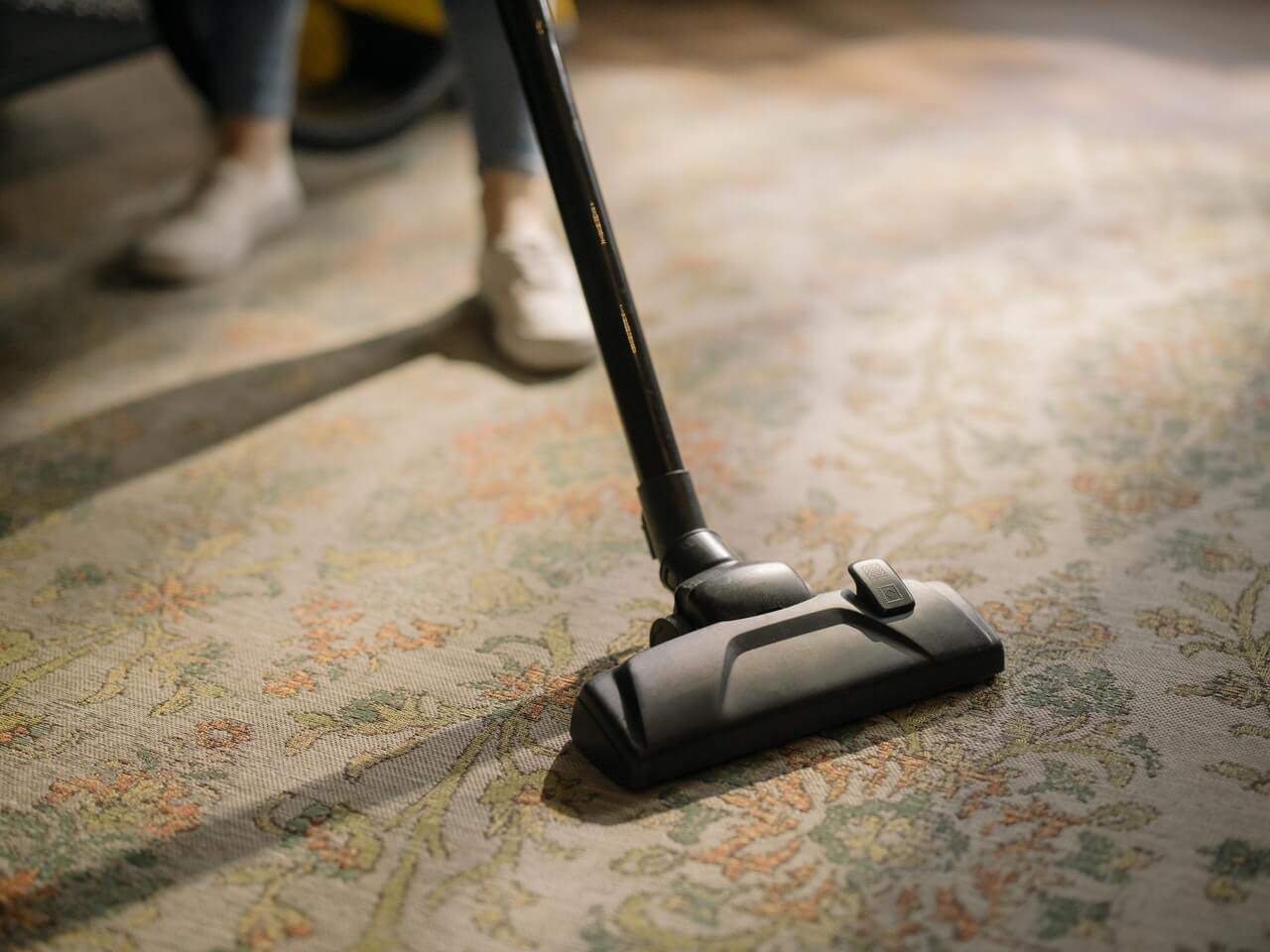
The dictionary definition of clutter is ‘a lot of things in an untidy state’. Compare that to hoarding, defined as; ‘ the compulsion to continually accumulate a variety of items that are often considered useless or worthless by others accompanied by an inability to discard the items without great distress’. You’ll see that both are very different.
Clutter is something you might find in an attic or shoved away in drawers and cupboards. It’s an accumulation of ‘stuff’ that you’ll be well aware needs to be sorted out and disposed of… if only you had the time. Hoarding on the other hand may not even be recognised as such by the person doing it. They’ll acquire possessions in a haphazard way, there’ll be no ‘theme’ as there would be if someone was collecting and everything amassed would begin to take over every space in the house not just cupboards, sheds and spare rooms.
Hoarding is considered a significant problem if:
The amount of clutter interferes with everyday living – for example, the person is unable to use their kitchen or bathroom and cannot access rooms
The clutter is causing significant distress or negatively affecting the quality of life of the person or their family – for example, they become upset if someone tries to clear the clutter and their relationship suffers.
Read up on hoarding so you understand it. It’s more about the person and less about the ‘stuff’.
Instead of calling the hoarder’s possessions rubbish, focus on the safety aspects of holding onto so much stuff.
Offer to help. You can work with the hoarder to overcome the problem without being judgemental or angry.
Encourage the hoarder to seek professional help. Hoarding is a recognised mental health issue and there are many ways it can be treated.
Ultimately, hoarding is dangerous and if someone doesn’t step in, then the health of the hoarder and those who live with them will be at risk. A professional hoarding cleaning service will apply their expert knowledge of the condition and how to tackle it to the problem and then step in and systematically remove the clutter. Not only that but they will be able to deal with any nasty surprises along the way. A reputable company will understand what a distressing time this is for everyone but ultimately, they will do the job and make the home a clutter-free zone.
Looking for a professional hoarding cleaning service? Get in touch with specialist hoarding cleaners Direct Cleaning Group by calling 03300 02 02 88 or sending an email to info@directcleaninggroup.co.uk.
